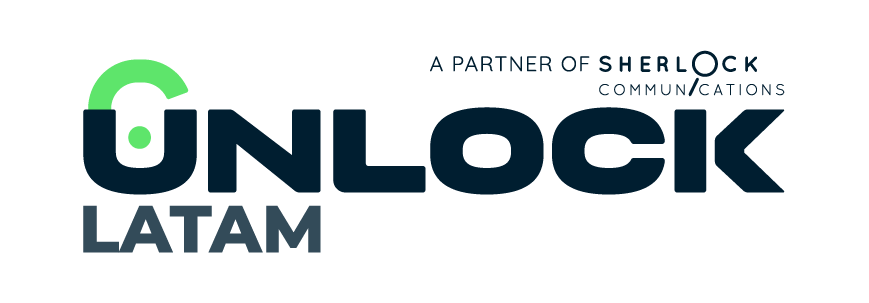If you are exploring the world of entrepreneurship, you might have come across the term “demo day.” But exactly what is a demo day and why does it hold such weight in the startup ecosystem?
Put simply, a demo day is the big finale for startups that have gone through an accelerator or incubation program. It is the day when founders pitch their business ideas to investors, partners, and the wider entrepreneurial community. For many startups, this single day can open the doors to funding, strategic partnerships, and industry recognition.
What is a demo day in practice?
At its core, what is a demo day if not a carefully planned stage for startups to show progress and ambition? After weeks or months of mentorship, product development, and business validation, companies present their pitch in front of key players in the ecosystem.
Typically, the format includes a series of short presentations where founders highlight their solution, the market opportunity, and the traction they have gained so far. The room is usually filled with venture capitalists, angel investors, and corporate leaders actively looking for the next big idea. Many demo days also attract media coverage, making them an invaluable opportunity for visibility.
For startups, the benefit goes far beyond the pitch itself. It is a rare occasion where investors, mentors, and entrepreneurs are all gathered in one place, ready to connect and exchange ideas.
Why demo days matter for startups
Understanding what is a demo day also means recognising the opportunities it creates. On stage, a strong pitch can spark immediate investor interest and lead to conversations that result in funding. Positive feedback from experts serves as validation of a startup’s business model, while the event’s networking atmosphere opens doors to strategic partnerships and collaborations.
One of the most overlooked advantages of demo day is the momentum it builds. Startups often leave the event with newfound visibility and a sense of credibility that is difficult to achieve in the early stages of growth. For many founders, demo day becomes a launchpad to scale operations and attract attention from both the investment community and potential clients.
Preparing for demo day

A demo day is not just another presentation—it is a milestone. To make the most of it, startups need to approach the event strategically.
- Refine your pitch: Focus on clarity and impact. A compelling story combined with solid data can make the difference between standing out or blending in.
- Show traction: Investors want proof. Highlight your growth, customer validation, or partnerships in a way that shows you are ready for the next step.
Preparation does not end with the pitch. The most successful founders also plan for what comes after: following up with investors, nurturing new connections, and maintaining the energy generated during the event.
Beyond demo day
Knowing what is a demo day is only the beginning. The real challenge lies in turning one powerful moment into long-term results. Startups that thrive are those that see demo day not as the finish line but as the start of a new growth phase. With the right strategy, the event can transform a promising business into a fast-scaling one.
Ready to take your startup to the next level?
If you are preparing for a demo day or planning to pitch your startup in Latin America, the right guidance can make all the difference.
Contact us today to learn how we help startups craft powerful pitches, connect with investors, and expand across the region.
Looking for more guidance? You might find these resources helpful in planning your next steps:

Your Trusted Partner in LATAM Expansion
From market research to legal compliance, we guide your business every step of the way.
